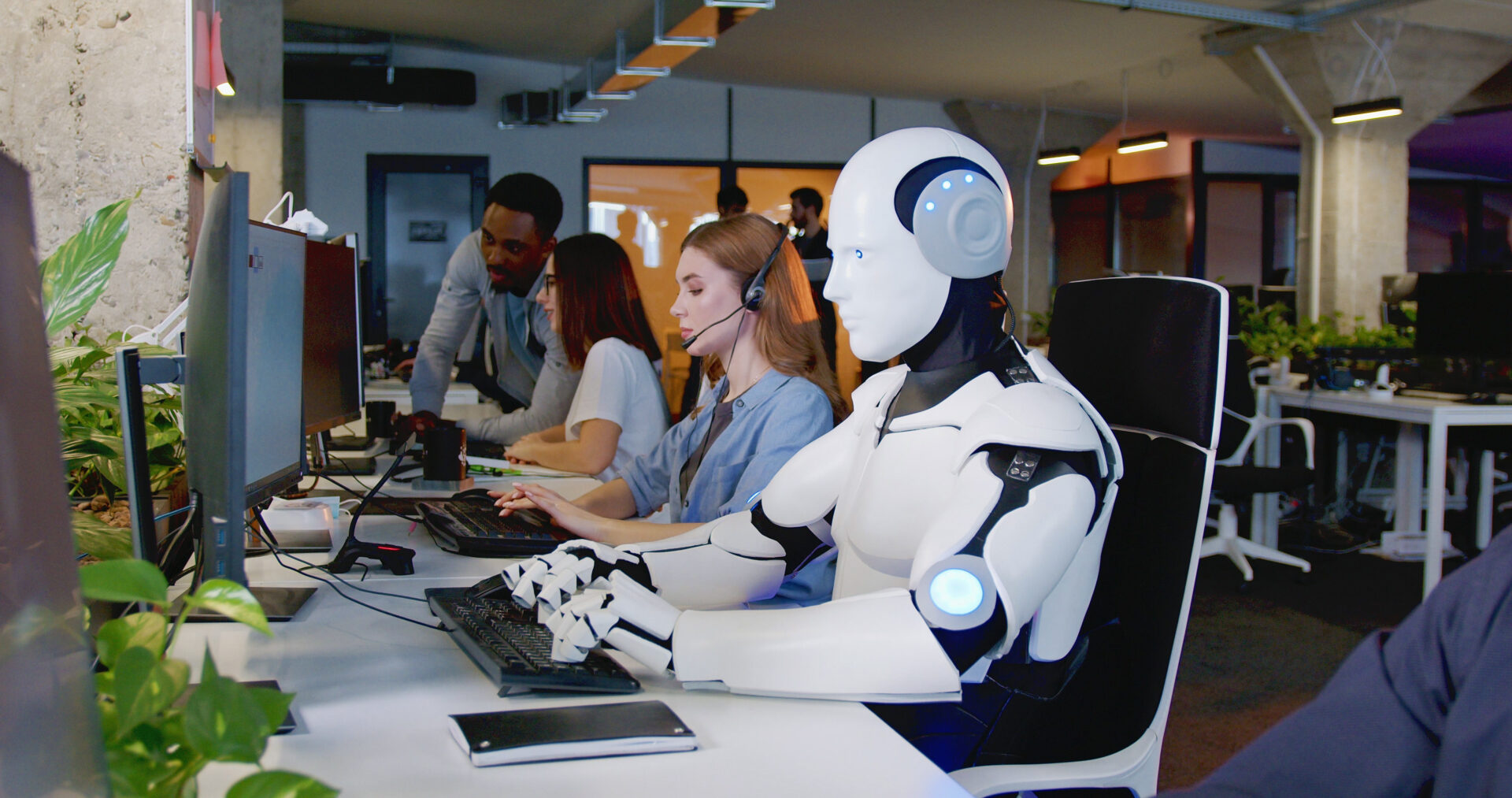As businesses across the UK invest heavily in artificial intelligence (AI), research from Multiverse found that many workers are lacking key skills such as analytical reasoning, creativity and systems thinking.
These sit alongside technical skills like prompt engineering and AI model evaluation.
The skills framework was developed after observing AI power-users and upskilling thousands of workers.
Accenture has predicted that AI could add £736bn to UK GDP by 2038.
However, companies that focus on ‘soft skills’ are nearly twice as likely to lead in AI adoption.
A lack of human skills could hold back both productivity and growth.
Gary Eimerman, chief learning officer at Multiverse, said: “Leaders are spending millions on AI tools, but their investment focus isn’t going to succeed.
“They think it’s a technology problem when it’s really a human and technology problem.
“Without a deliberate focus on capabilities like analytical reasoning and creativity, as well as culture and behaviours, AI projects will never deliver up to their potential.”
Eimerman added: “This framework provides a new model for talent development in the age of AI, which must include human skills as well as technical skills in order to drive tangible business results.”
The research listed the most important human skills for AI adoption.
These included cognitive skills like learning and problem-solving, analytical reasoning to break down information for AI, creativity for experimentation, and systems thinking to spot patterns in AI performance.
Responsible AI skills were also highlighted, such as AI ethics to identify bias, and cultural sensitivity to check for local relevance.
Self-management skills like curiosity, self-regulated learning, detail orientation, adaptability, and determination were all seen as essential when working with AI.
Communication was also found to be crucial.
The key skills included empathy, tailoring communication for different audiences, and exchanging feedback with the help of AI.
Imogen Stanley, senior learning scientist at Multiverse, said: “We need to start looking beyond technical skills and think about the human skills that the workforce must hone to get the best out of AI.
“What we found during our first principles research phase was that skills like ethical oversight, output verification, and creative experimentation are the real differentiators of power AI users.
“By developing these specific skills, employees can move from being passive users of AI to active drivers of innovation and value.”















